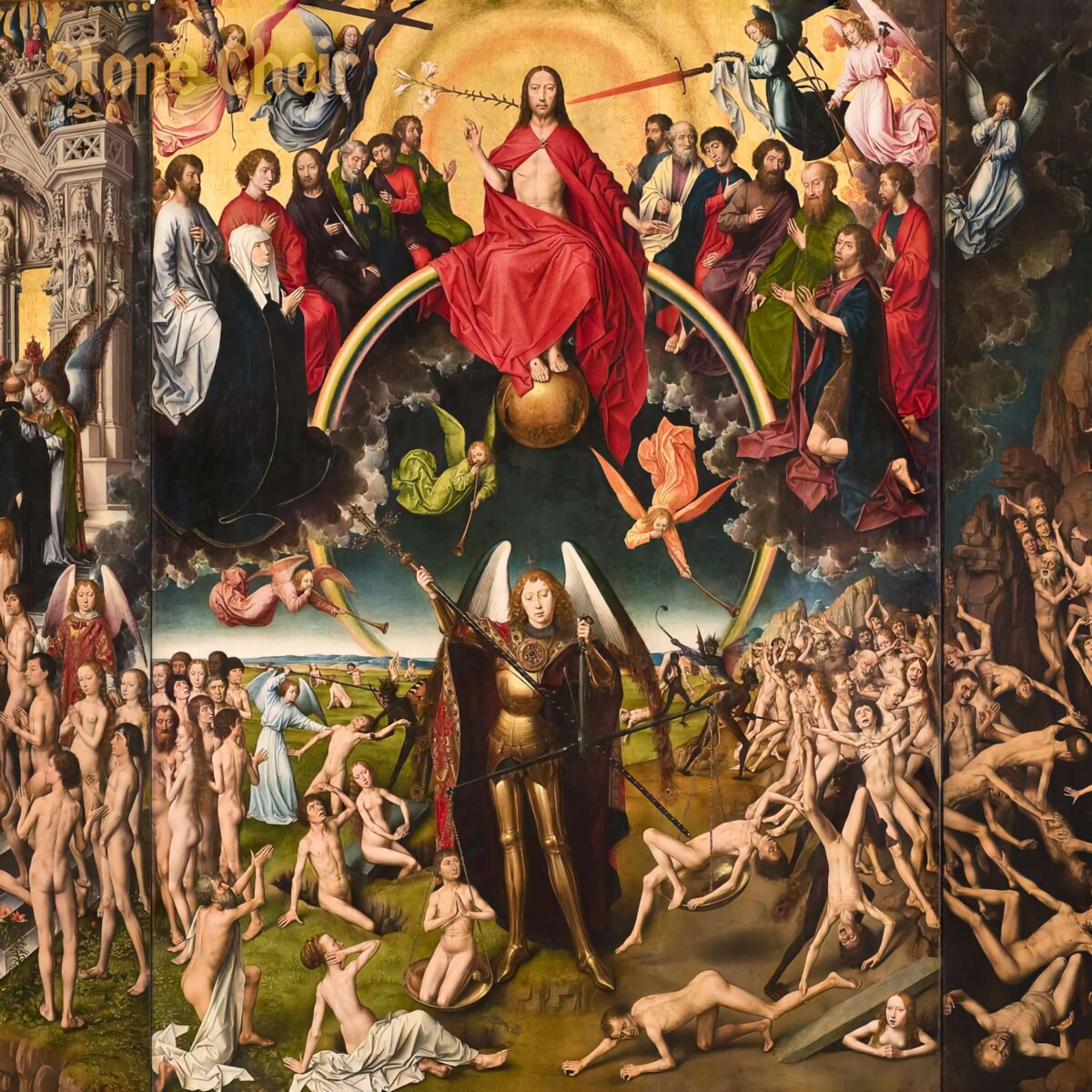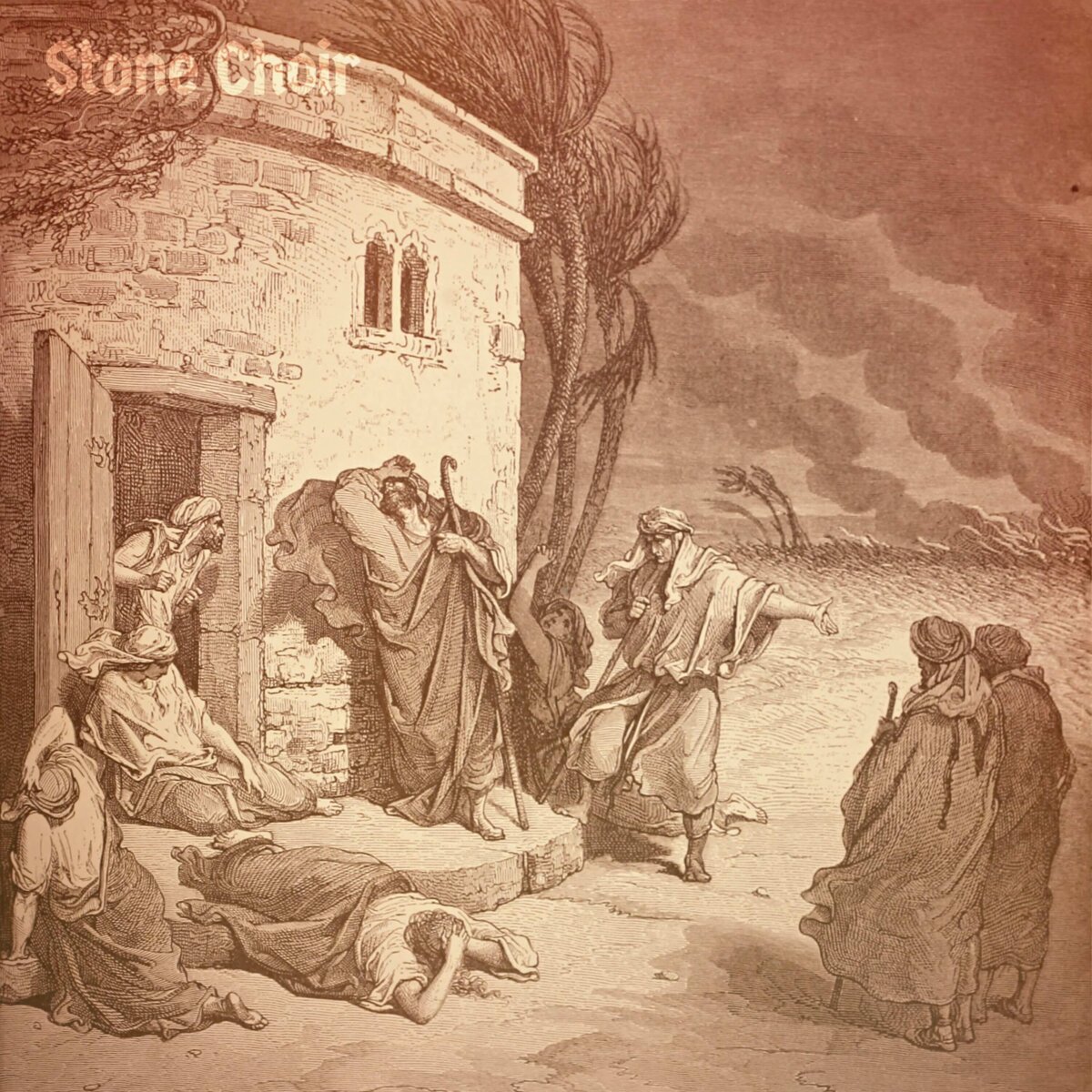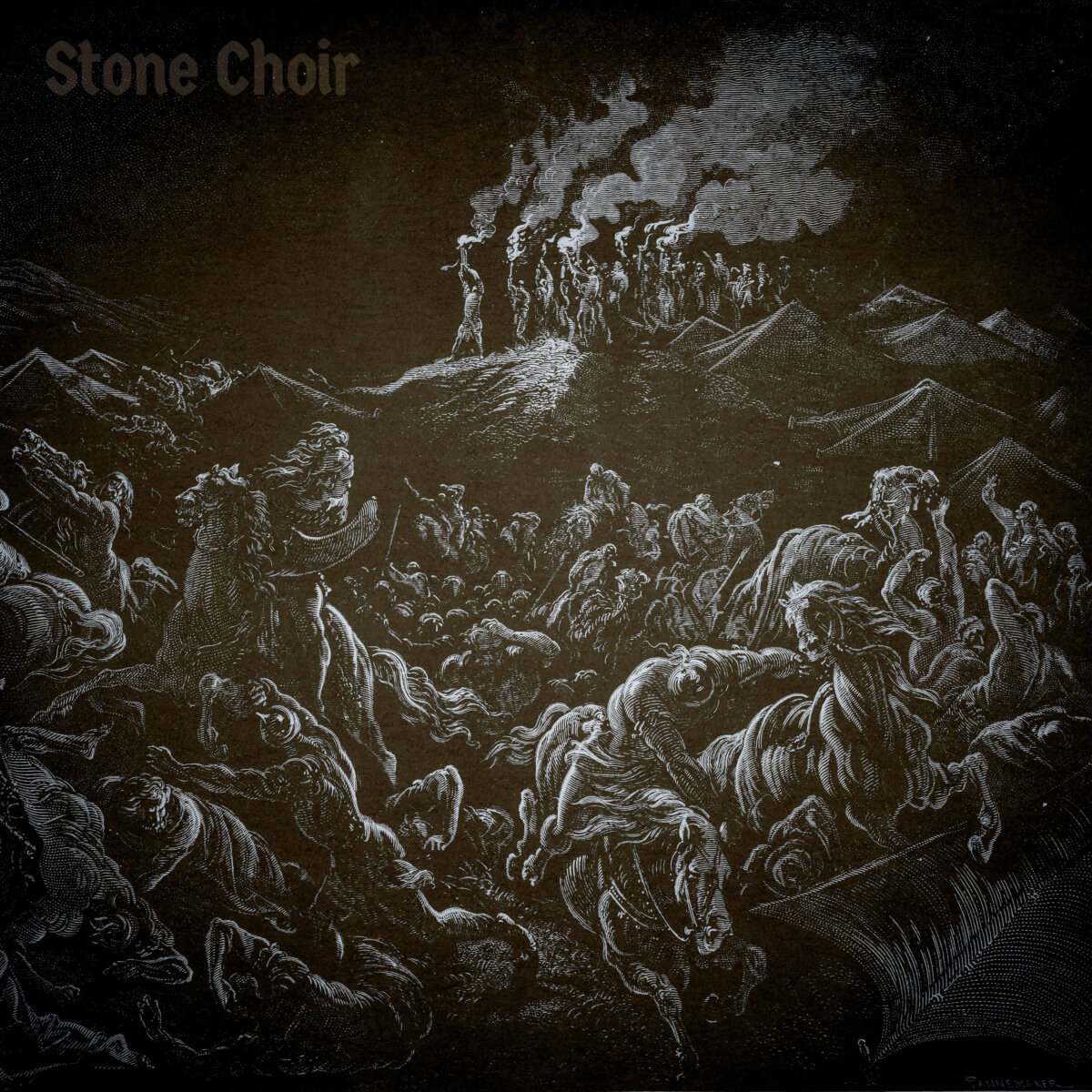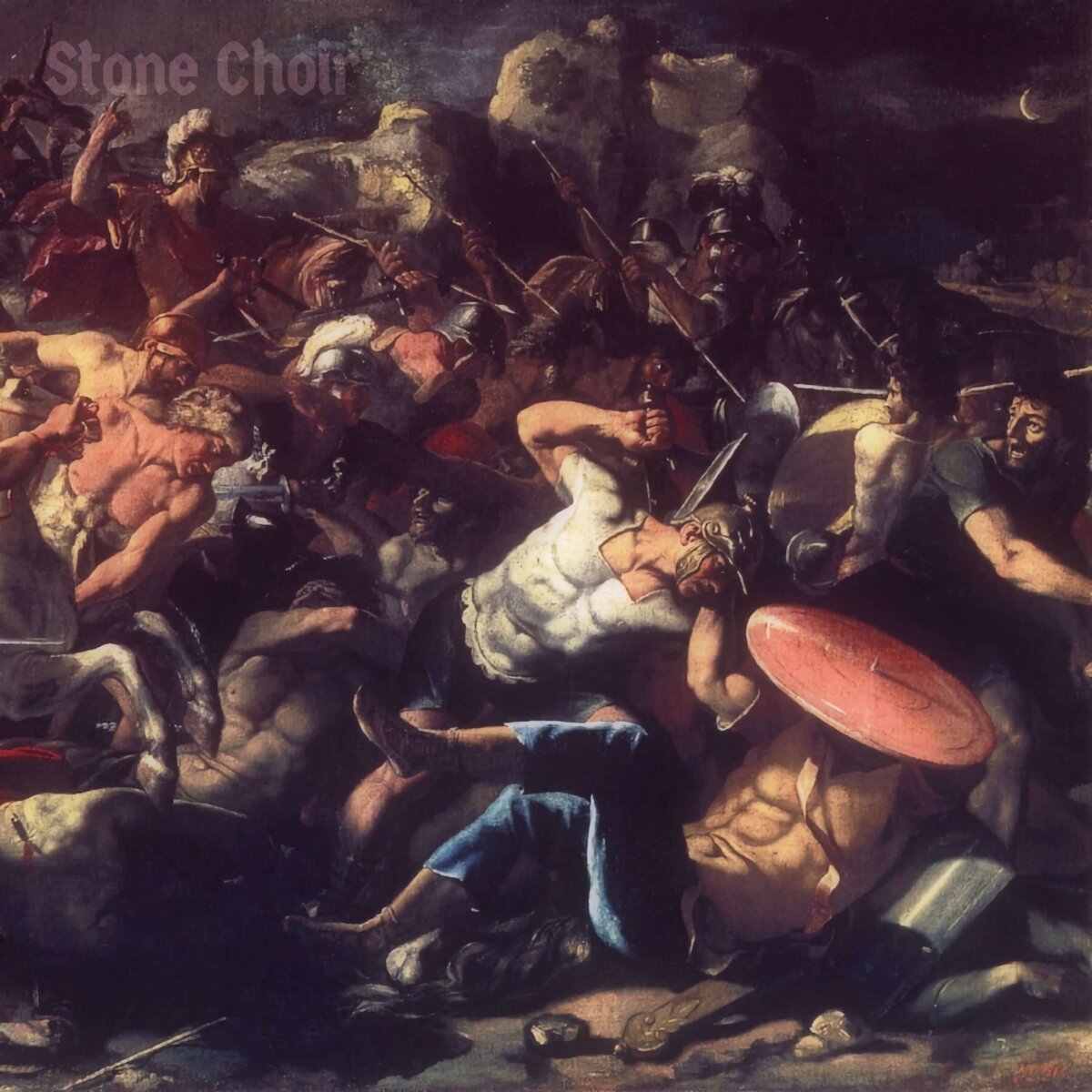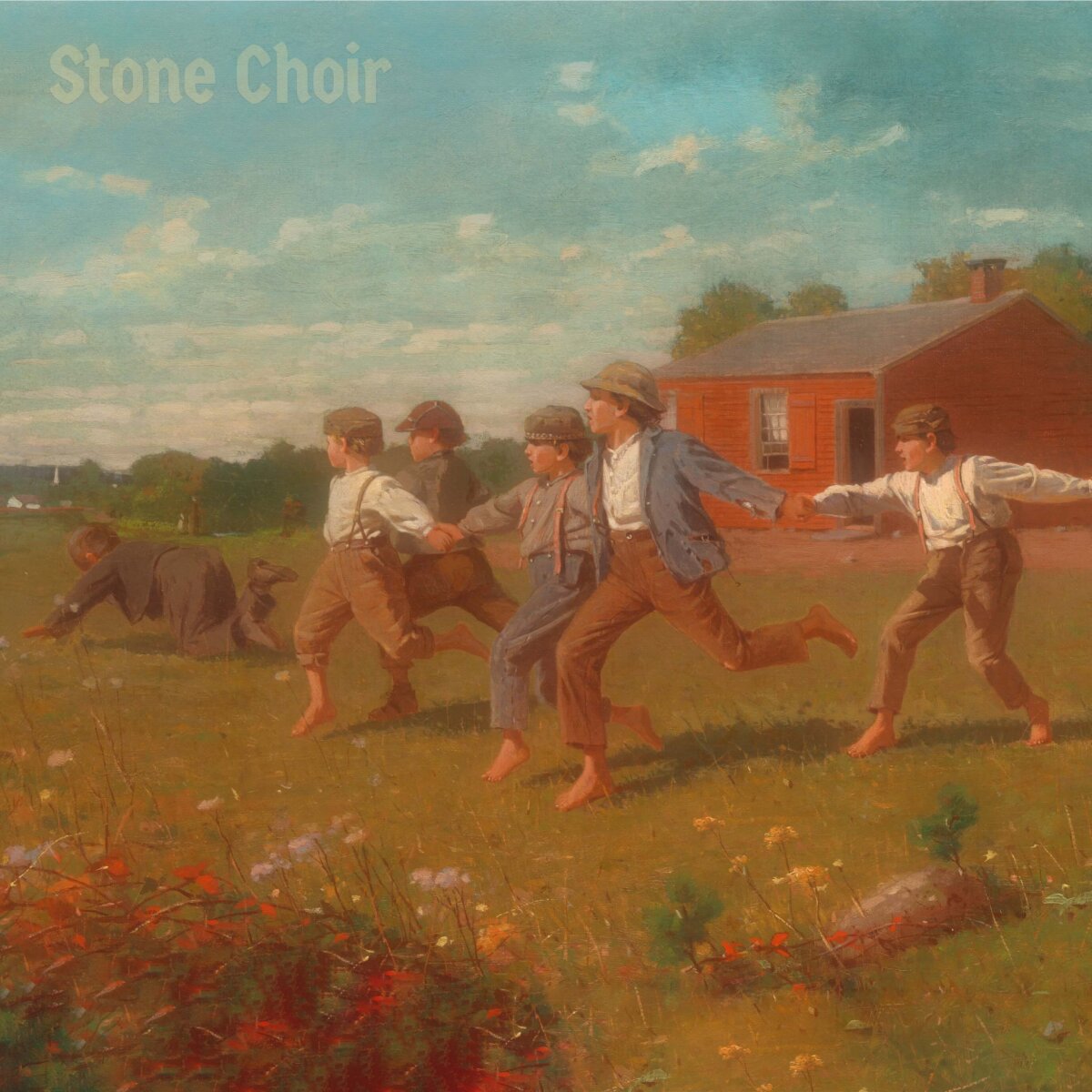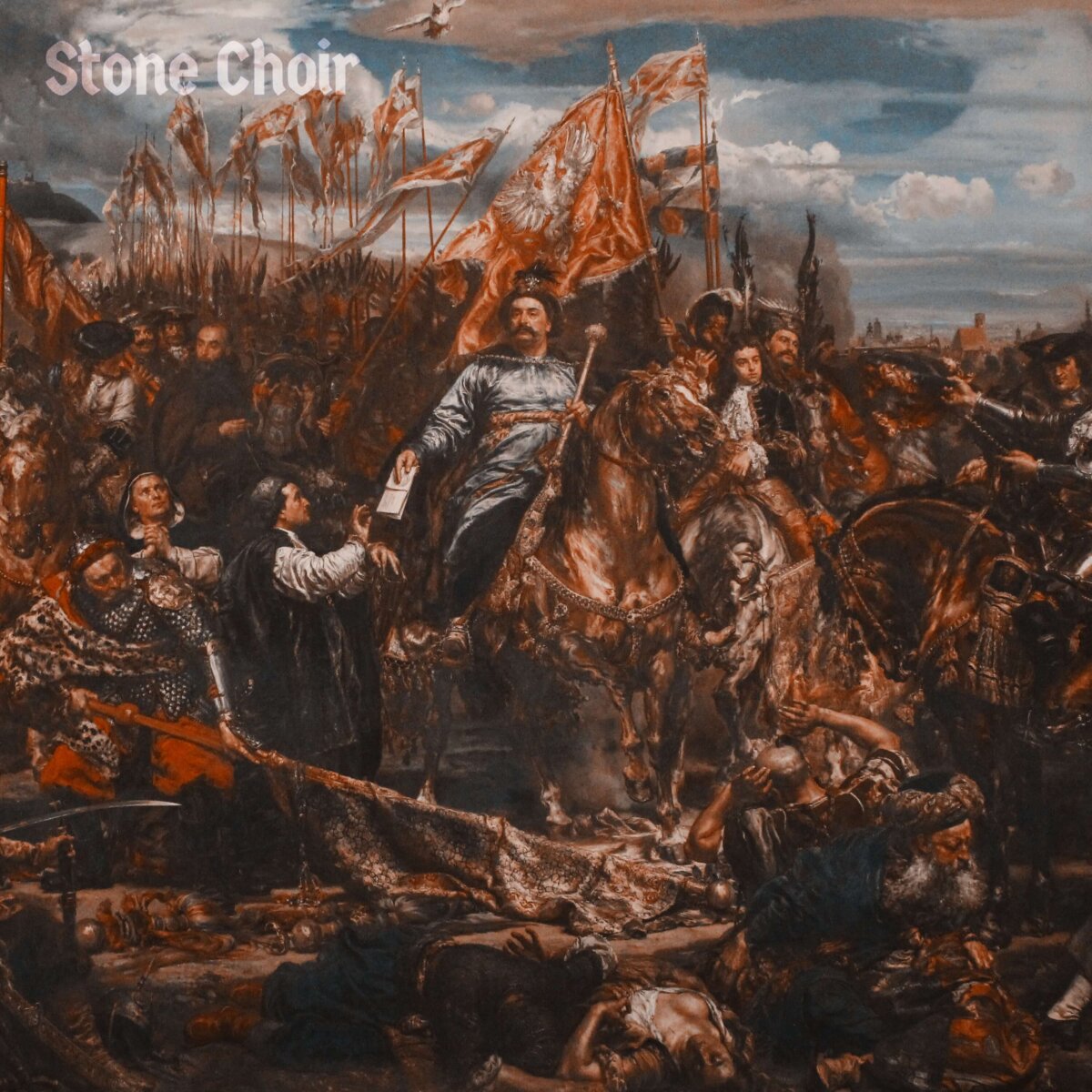The End Times
Podcast: Play in new window | Download (Duration: 2:11:51 — 258.8MB) | Embed
Subscribe: Apple Podcasts | Spotify | Amazon Music | Youtube Music | More
Hosts

Corey J. Mahler

Eschatology is the study of the end of all things. Scripture speaks, in many places, about the end times and what will take place leading up to and in those days. However, such matters are not the core of the Christian faith, and no Christian man should dedicate all of his time to investigating such things. Far too many become obsessed with end-times prophecies to the detriment of their faith and those around them.
Nevertheless, these prophecies exist in Scripture and the end times are part of the totality of Christian truth — these matters cannot be ignored. What, then, are we, as Christians, to make of these prophecies, signs, et cetera? In this episode, we discuss the truly Christian approach to the end times (to include the ‘timeline’, as it were) and the related prophetic portions of Scripture. There is Christian profit to be found in every word from God, but some require more wisdom than others in the approach.
See Also
Further Reading
Parental Warnings
None.
Current Sponsor(s)
Coming soon?
Support the Podcast
Comments?
Join the discussion on Telegram, visit the feedback form or comment below.
